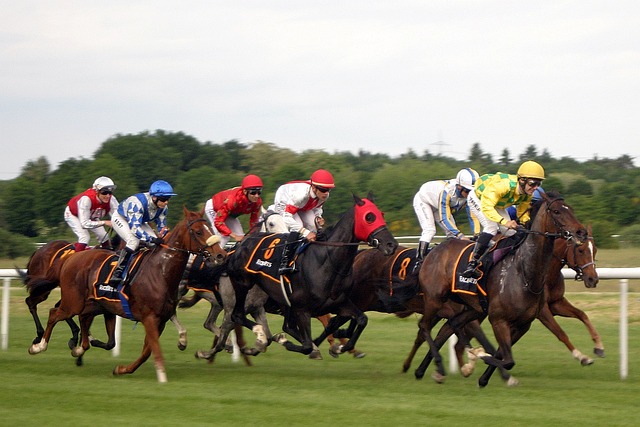The Gehrig Family
Johann Linus Gehrig on 11/11/1837, was the son of Franz Gehrig and Anna Maria nee Frenzel. He was born in the village of Neudorf, Germany which was a few kilometres north of the town of Eltville on the Rhine.
At 12 years of age his family emigrated to Australia on the Parland, the second ship to bring assisted German vinedressers to New South Wales after regulation in 1847 allowed foreigners to be assisted for specific purposes. The Scheme ran until 1856 and more than 800 families were introduced as vinedressers or coopers to work for established landowners for a 2 year period. The regulations required that a man be married , with or without children. He had to bring a special form signed by the parish priest or mayor to testify age, health, character and credentials. The Certificates were in German on one side and English on the other and were examined by the Immigration Board in Sydney on arrival. If there were problems, payment of bounty to the landowner or the recruiting agent was withheld pending explanations.
John’s father Franz Gehrig, died within just a year of arriving in Australia, thus he was cared for by his mother Anna Maria and his two step brothers, William and Joseph Frenzel.
in 1860 John married Elizabeth Fischer and together they had 14 children. Mary Anne Josephine Sophie was my great grandmother.
Not much is known about Elizabeth’s origins. Family story indicates that she was not treated well by her father in Germany and she came to Australia with friends of the family. On a promise to send her home after a year, but the family fell on hard times and Elizabeth never saw parents again. She was approx 16 years of age when she married John.
In 1862 John was naturalised at the age of 24, his place of residence was the Allyn River, Dungog. This was probably the time when he wanted to buy land of his own, as naturalisation was a prerequisite for land ownership. John Gehrig passed away in 1914 and Elizabeth in 1923




